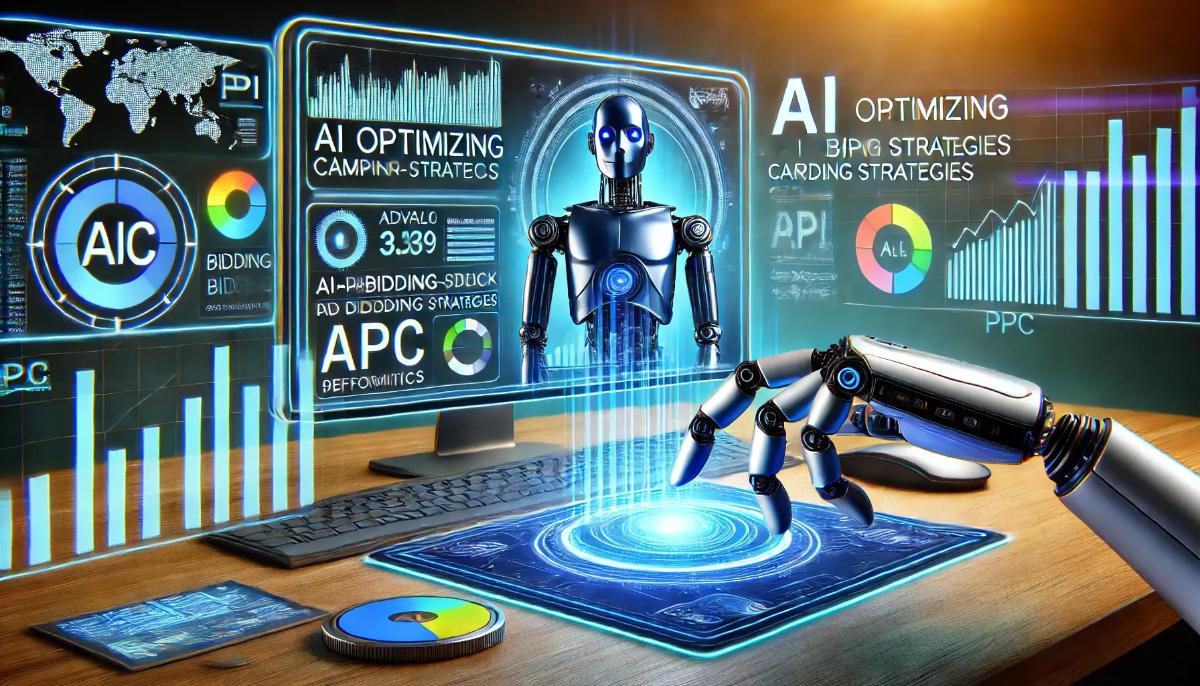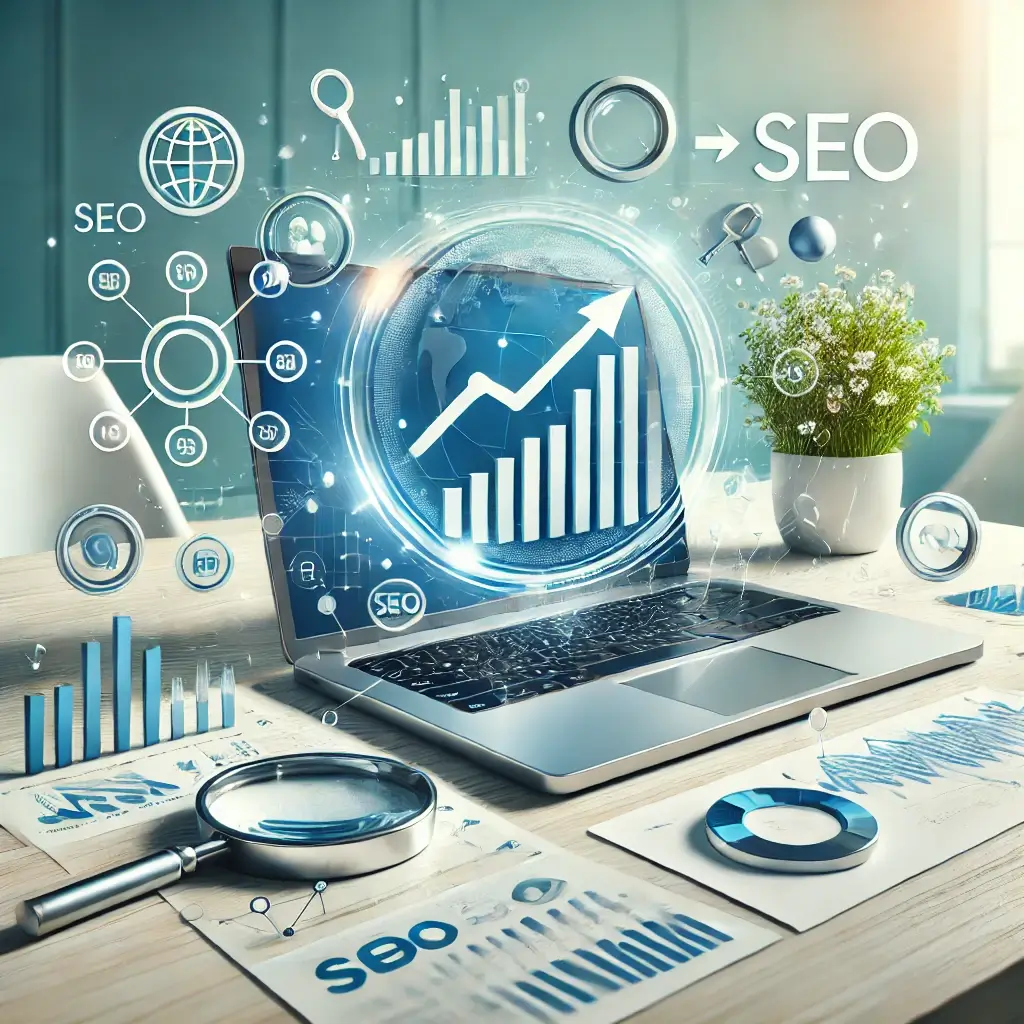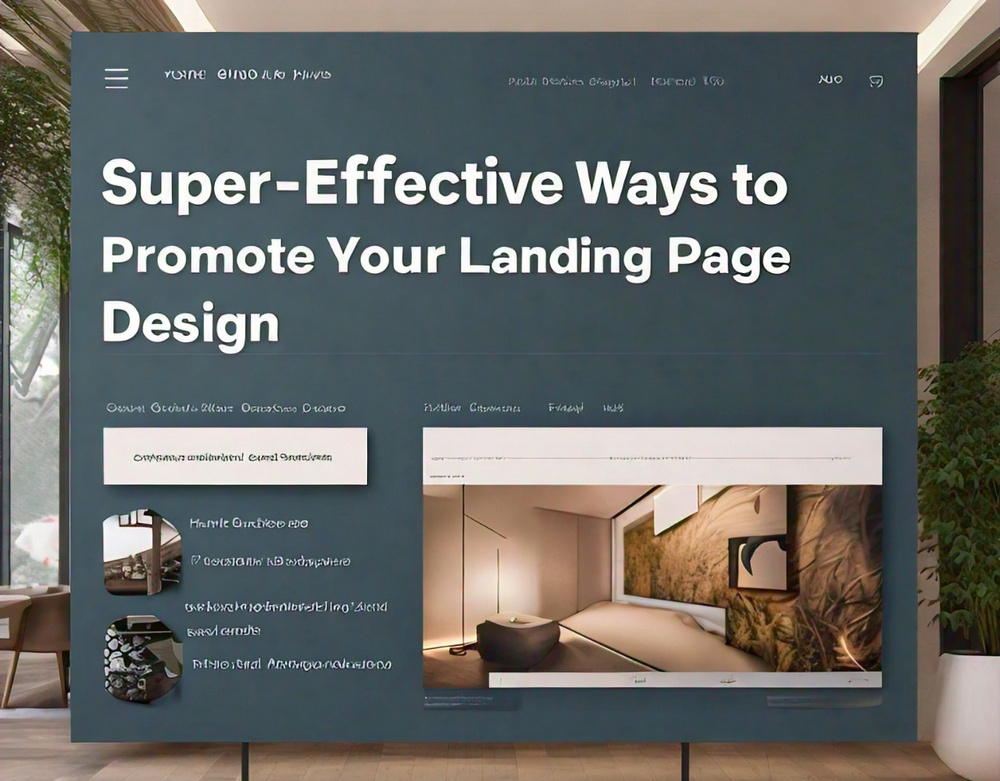Pay-per-click (PPC) advertising has long been a go-to strategy for businesses aiming to drive targeted traffic and maximize conversions. However, as competition intensifies, marketers are turning to artificial intelligence (AI) to gain a competitive edge. AI is revolutionizing PPC campaigns by automating processes, enhancing targeting precision, and improving overall ad performance. In this article, we’ll explore how AI is reshaping PPC advertising and what it means for marketers.
1. AI-Powered Automation
One of the most significant impacts of AI on PPC campaigns is automation. AI-driven platforms like Google Ads and Microsoft Advertising use machine learning algorithms to optimize bids, allocate budgets, and manage ad placements in real-time. This reduces manual workload and ensures that ads are delivered to the right audience at the right time, ultimately improving return on investment (ROI).
2. Enhanced Audience Targeting
AI enables highly precise audience targeting by analyzing vast amounts of data, including user behavior, demographics, and online activity. Predictive analytics help advertisers anticipate user intent and serve ads that align with consumer interests. This level of personalization increases engagement rates and improves conversion chances.
3. Smarter Ad Copy and Creatives
AI-powered tools like ChatGPT and Jasper can generate compelling ad copy and headlines tailored to different audiences. By analyzing what type of messaging resonates best with specific demographics, AI helps advertisers craft more persuasive and engaging content. Moreover, AI-driven image recognition and video analysis tools optimize visual creatives, ensuring higher engagement.
4. Real-Time Performance Analysis and Adjustments
Traditional PPC campaigns often require frequent manual monitoring and adjustments. AI streamlines this process by providing real-time insights into ad performance and making automatic adjustments based on key performance indicators (KPIs). This includes pausing underperforming ads, reallocating budgets, and refining targeting parameters to maximize efficiency.
5. Smart Bidding Strategies
AI-driven smart bidding strategies, such as Google’s Target CPA (Cost-Per-Acquisition) and Target ROAS (Return on Ad Spend), leverage machine learning to optimize bids. These algorithms analyze historical data, user behavior, and market trends to determine the most effective bid amounts, helping advertisers achieve better results with minimal manual intervention.
6. Fraud Prevention and Click Quality Optimization
Click fraud is a major concern in PPC advertising, leading to wasted budgets and inaccurate campaign performance metrics. AI-powered fraud detection tools help identify suspicious activities, such as bots or invalid clicks, and take corrective actions. This ensures that advertisers only pay for genuine, high-quality traffic.
7. Voice and Visual Search Optimization
With the rise of voice search and visual search technologies, AI is helping PPC advertisers adapt their campaigns to new search behaviors. AI can analyze voice search queries and optimize ad copy to align with conversational search patterns. Similarly, AI-powered image recognition enhances product listing ads by matching them with relevant search intents.
The Future of AI in PPC Advertising
As AI continues to evolve, its impact on PPC campaigns will only grow stronger. Future advancements may include even more sophisticated predictive analytics, hyper-personalization, and AI-driven creative optimization. Marketers who embrace AI-powered PPC strategies will have a significant advantage in staying ahead of the competition and maximizing campaign effectiveness.
Final Thoughts
AI is revolutionizing PPC advertising by automating tasks, improving targeting, and optimizing performance. By leveraging AI-driven tools, advertisers can save time, reduce costs, and achieve better results. As AI technology advances, those who integrate it into their PPC strategies will be well-positioned for long-term success in the digital advertising landscape.



